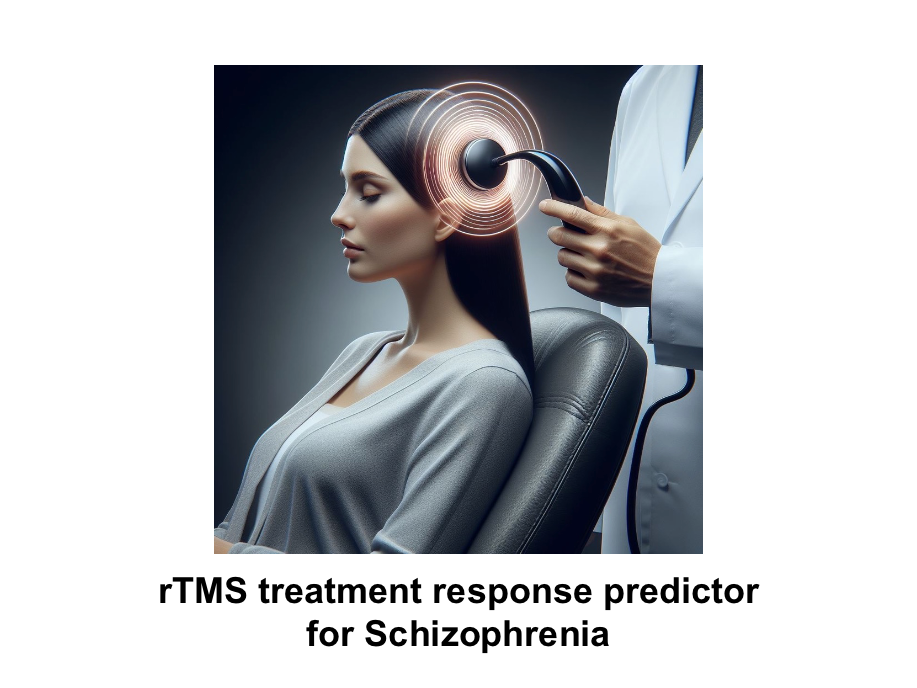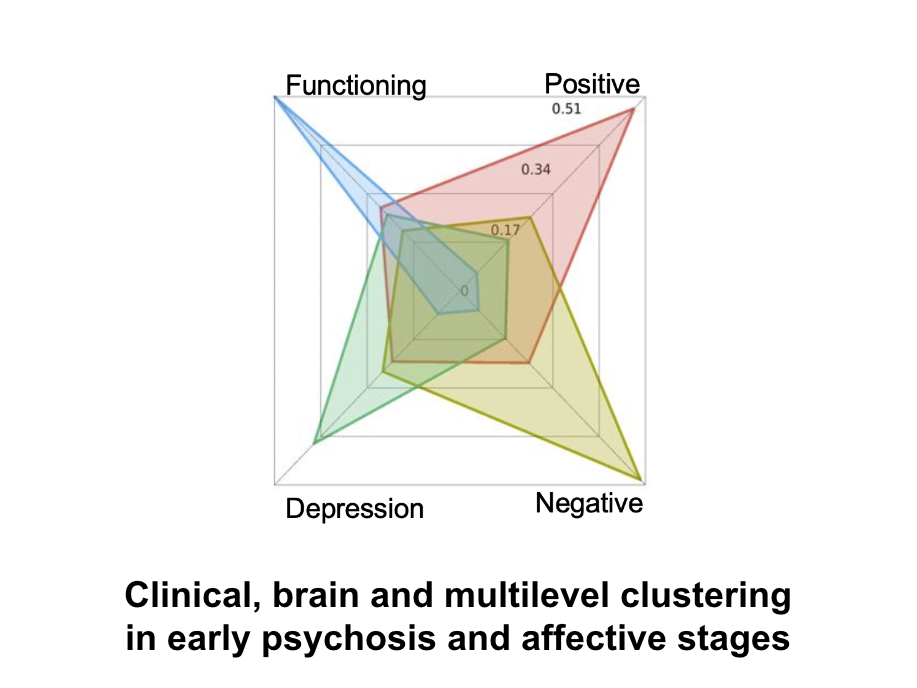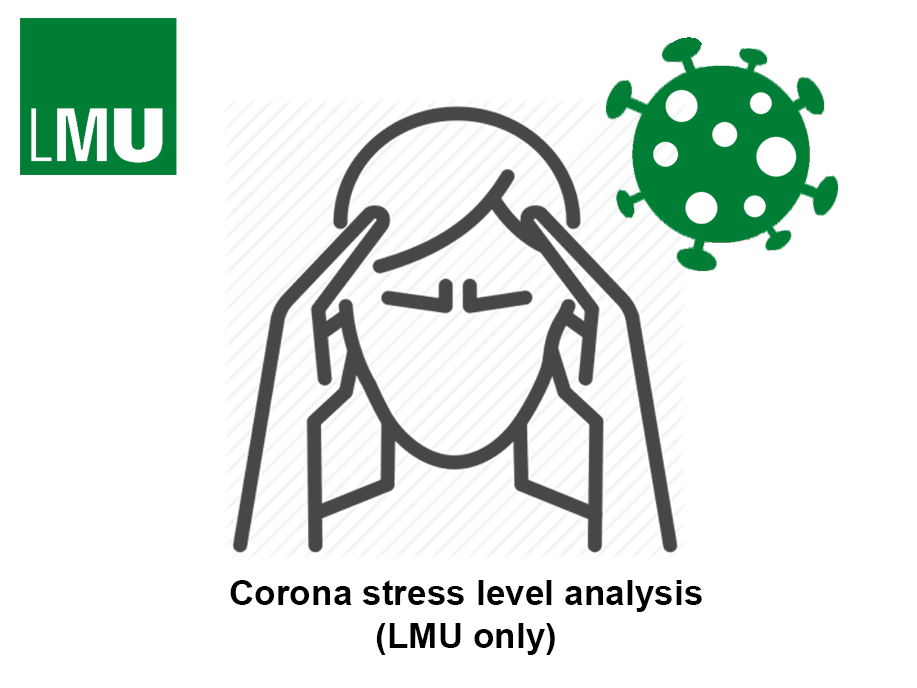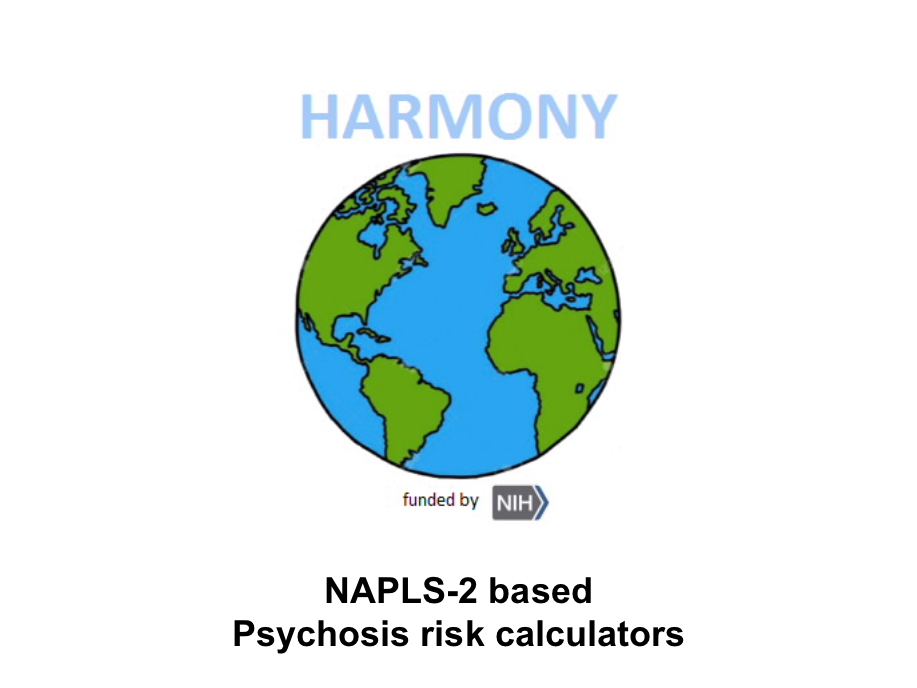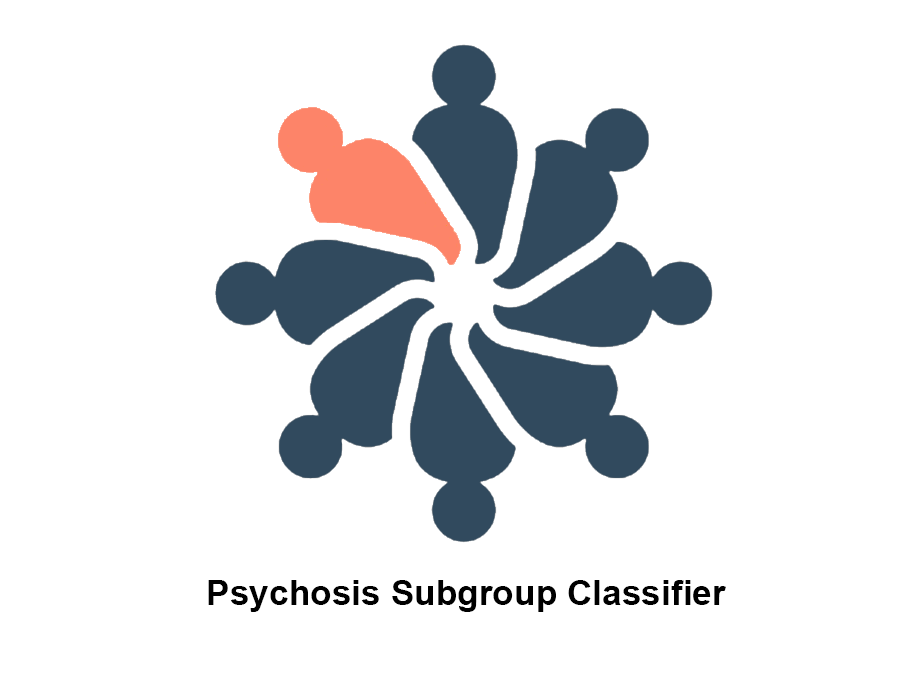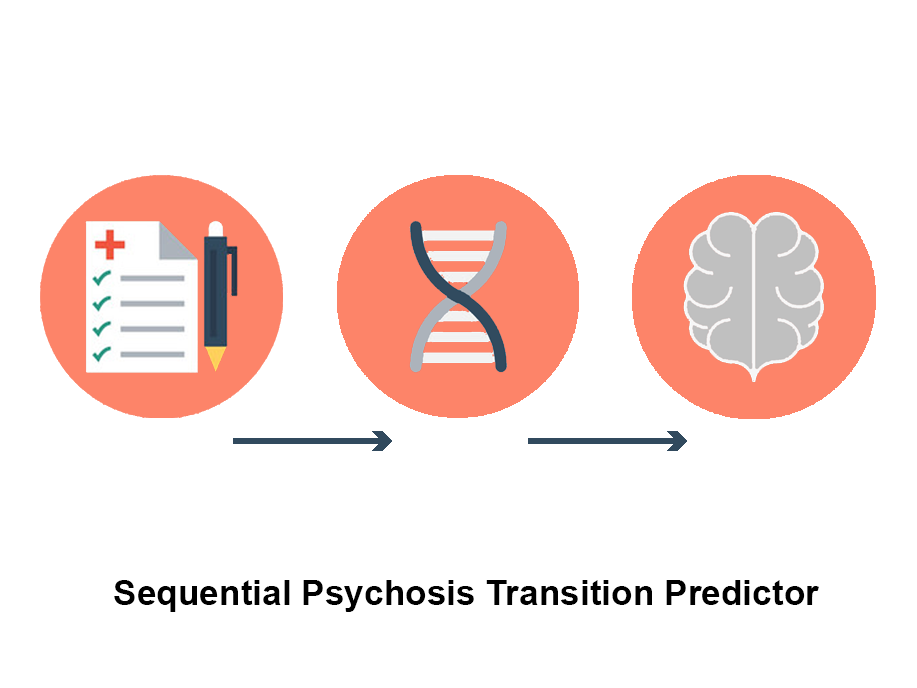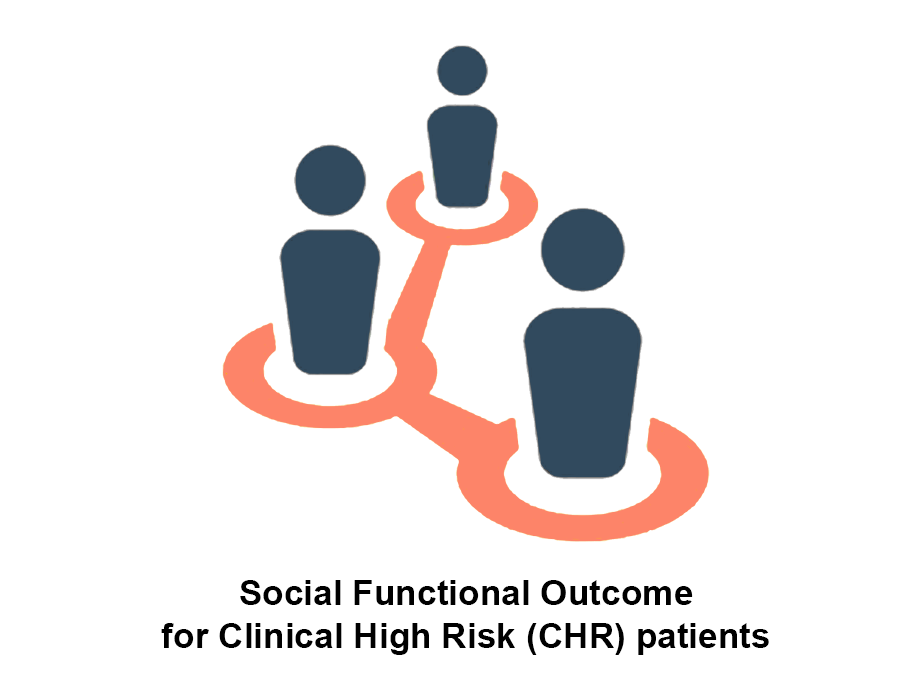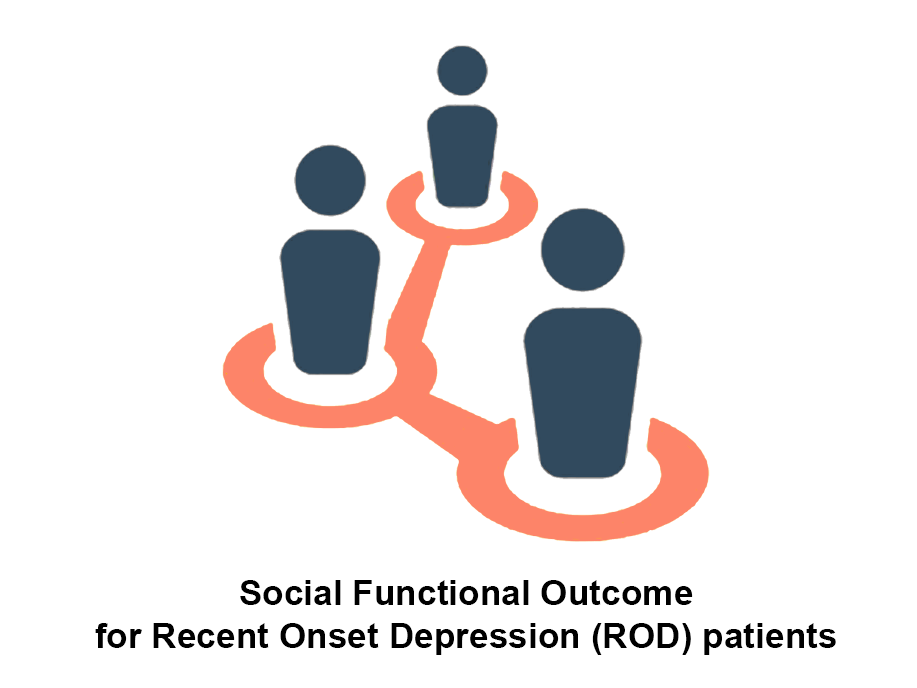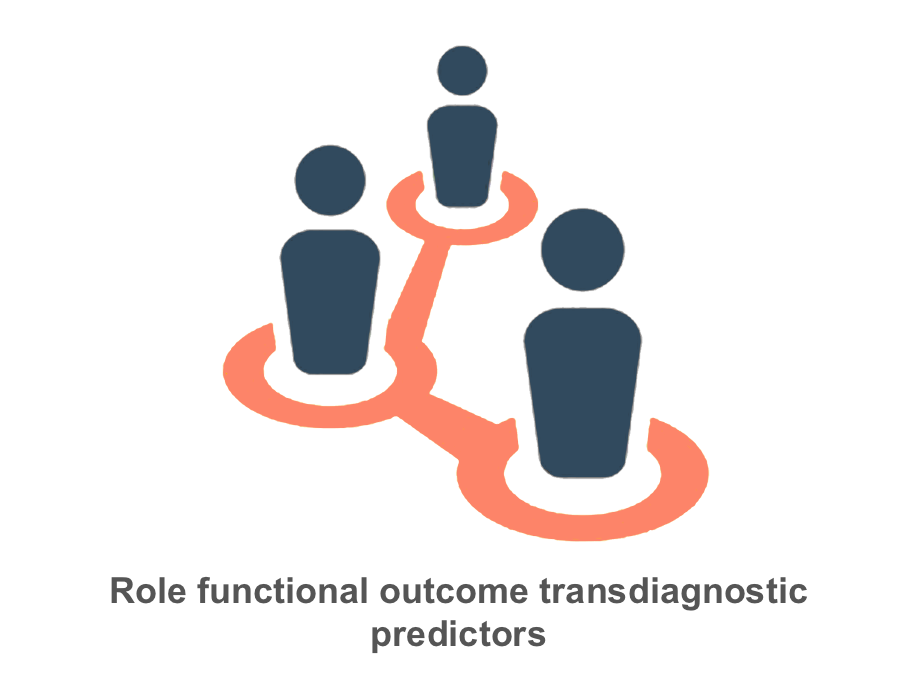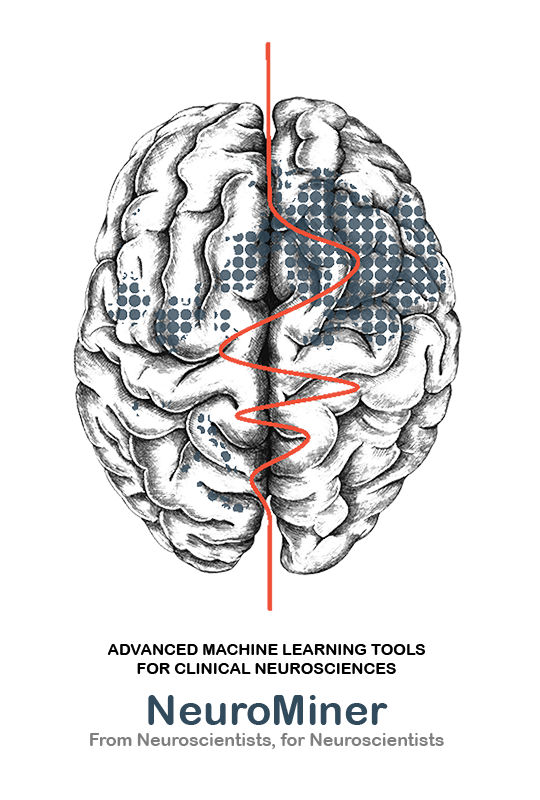NeuroMiner Model Library
The last decade has witnessed the advent of machine learning techniques in clinical neuroscience. These methods hold the great potential to facilitate the translation of research findings into clinical applications following the principles of precision medicine. However, the embedding of models in clinical real-world settings has been challenged by the lack of model transparency, external validation, and hence the lack of model reproducibility. Furthermore, for most predictive models proposed for clinical applications, it remains unclear whether they provide real progress beyond the current state-of the-art, i.e. helping the given patient to better recover by informing more personalized treatment decisions.
To address these issues, the Section for Neurodiagnostic Applications headed by Prof. Nikolaos Koutsouleris at the Ludwig-Maximilian-University Munich has started an online model library that aims at facilitating the fully independent validation of predictive models produced by mental health research. The library is set up to host models which have been described in peer-reviewed companion publications. Currently, all models made available to external researchers have been developed using:
NeuroMiner - an open-source advanced machine learning software for clinical neurosciences
Through a free account, users can access the library and enter data for prediction in a case-by-case fashion. This opens the possibility for external model validation and use of the models in experimental clinical settings, such as risk-stratified clinical trials.
The model library is in a pilot stage both in terms of its computational resources and its capacity to generate predictions using a variety of input data. Future versions of the library will incorporate machine learning software beyond NeuroMiner, such as TensorFlow or Scikit-Learn.


